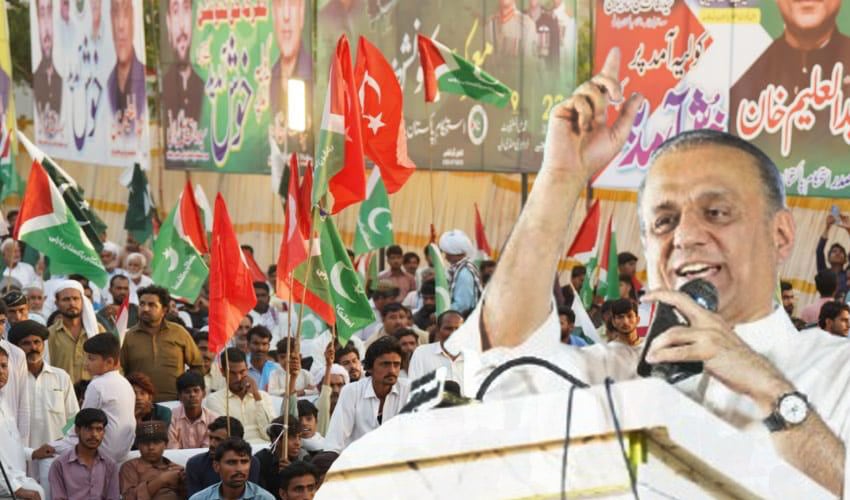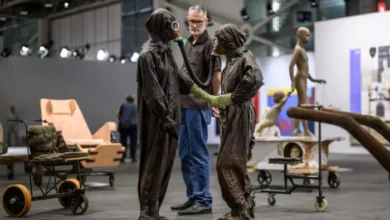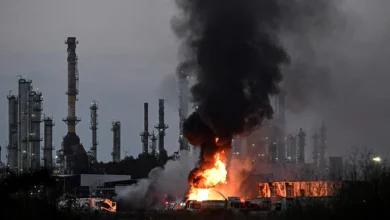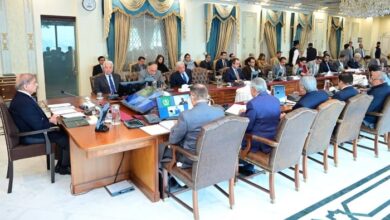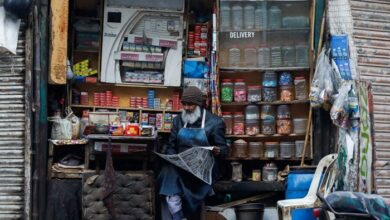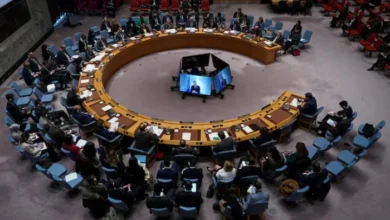Southern Punjab has been a victim of political manipulation for decades, used as a bargaining chip by various political factions rather than being treated as a region deserving of genuine development and autonomy. Whether it was the Janoobi Punjab Mahaz (South Punjab Front) or mainstream political parties like the Pakistan Muslim League-Nawaz (PML-N) and the Pakistan People’s Party (PPP), the people of this region have been fed empty promises while their basic needs remain unaddressed. The consistent neglect has triggered a deep sense of betrayal among the residents, who feel abandoned by the very leaders who claim to represent them.
It is ironic that despite being an agricultural and economic hub, southern Punjab lacks proper infrastructure, quality healthcare, education, and employment opportunities. Instead of addressing these issues, the political elite has exploited the region’s grievances for their own gains.
The demand for a separate southern Punjab province has been a long-standing issue. However, it is unfortunate that politicians often raising the slogan during election campaigns only to abandon it once in power. Even the Janoobi Punjab Mahaz, which emerged as a movement for the rights of southern region, failed to bring any substantial change. Politicians treated the region as a vote bank, making tall claims about development but delivering little. The result is a region that remains backward despite its immense potential. The youth, in particular, are frustrated. The lack of industrial zones, poor irrigation systems, and inadequate healthcare facilities have forced many to migrate to other parts of the country in search of better opportunities.
Amid this disillusionment, the people of southern Punjab are now looking towards new political forces that promise change. The recent massive public gathering in Layyah on May 23, organized by Istehkam-e-Pakistan Party (IPP), has signaled a shift in the political landscape. The convention, held in solidarity with the armed forces of Pakistan, drew an overwhelming crowd, indicating that the IPP could emerge as a popular alternative in the region.
The people of Layyah did not just express their support for Pakistan’s military; they also sent a strong message of gratitude to the nations that stood by Pakistan during recent tensions with India
The IPP’s Marqa-e-Haq Convention in Layyah was not just a political rally but also a powerful statement of how people’s loyalties are changing. Federal Minister for Communication and IPP President Abdul Aleem Khan addressed the massive gathering, resonating with the frustrations and aspirations of the locals. What made this convention unique was its theme – solidarity with the armed forces – but the overwhelming presence of flags from China, Turkiye, and Azerbaijan added a diplomatic dimension to the event. The people of Layyah did not just express their support for Pakistan’s military; they also sent a strong message of gratitude to the nations that stood by Pakistan during recent tensions with India.
The sight of Pakistani flags alongside those of China, Turkiye, and Azerbaijan shows the deep appreciation Pakistan holds for these friendly countries. Abdul Aleem Khan played a pivotal role in orchestrating this display of unity, proving that politics can also be a platform for strengthening foreign relations. His leadership in this regard sets a precedent. Other political parties should also step forward to publicly acknowledge and thank Pakistan’s allies.
In times of crisis, these nations have consistently supported Pakistan, whether diplomatically or through strategic partnerships. Such initiatives should not be limited to one party or one region. By incorporating foreign policy appreciation into a political rally, Abdul Aleem Khan has shown that politics can transcend local issues and contribute to national diplomacy.
One things for sure is that southern Punjab’s political landscape is at a turning point. On one hand, the people have rejected the empty promises of traditional parties, while on the other they are looking towards new leaders who can deliver tangible change. The IPP’s emergence as a credible alternative, combined with its innovative approach to blending local politics with national and international solidarity, makes it a force to watch. If this momentum continues, southern Punjab may finally see the development and representation it has long been denied.

